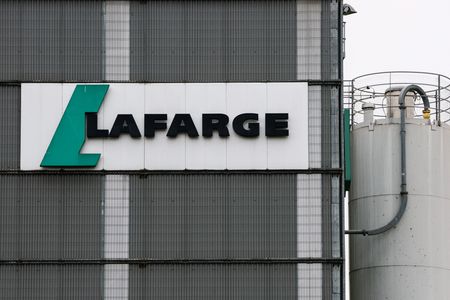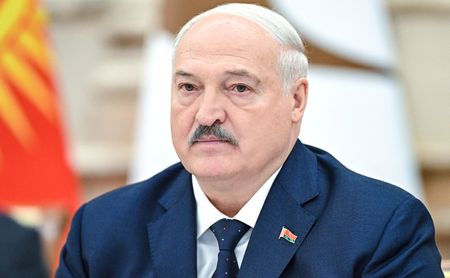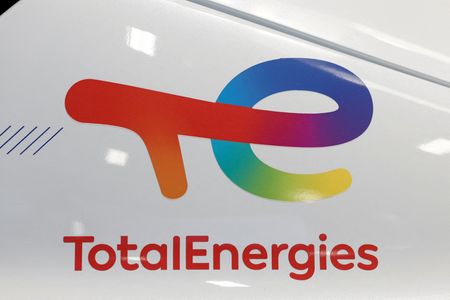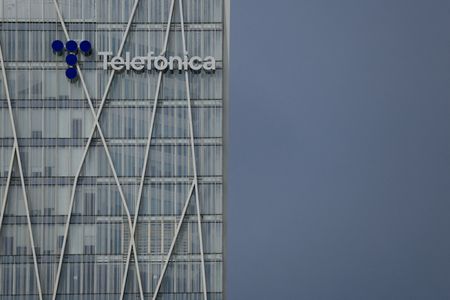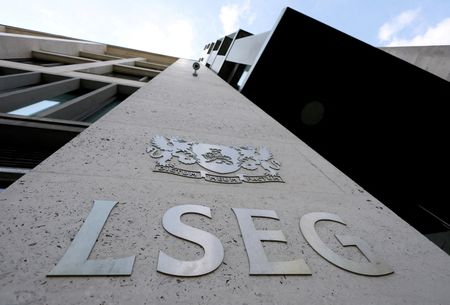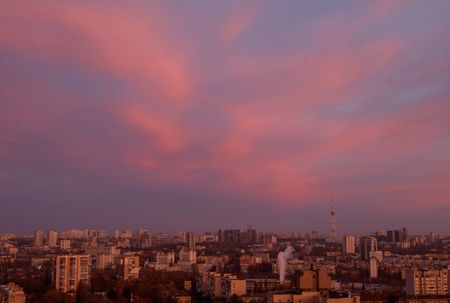By Juliette Jabkhiro
PARIS (Reuters) -Cement maker Holcim’s Lafarge unit goes on trial on Tuesday facing charges that its Syrian subsidiary financed terrorism and breached European sanctions to keep a plant operating in northern Syria during the country’s civil war.
Investigative judges allege that Lafarge paid jihadist groups including Islamic State and the al Qaeda-affiliated Nusra Front, both designated as terrorists by the EU, a total of 5 million euros ($5.83 million) between 2013 and September 2014.
The case, bringing a company to trial on financing terrorism charges in France, is unprecedented.
Lafarge, which became part of Switzerland-listed Holcim in 2015, and eight people including former Lafarge executives have been under investigation by the anti-terrorism prosecutor’s office since 2017.
In a statement on Tuesday, Lafarge said the case revolved around “actions that occurred more than a decade ago and were in flagrant violation of Lafarge SA’s Code of Conduct. None of the former executives who are standing trial as individuals are with Lafarge SA or any affiliated entities today.”
Lafarge said it was dealing the issue responsibly through the legal process.
SEPARATE CASE IN U.S. ALREADY HEARD
In a separate case in the United States, Lafarge admitted in 2022 that its Syrian subsidiary paid $6 million to IS and the Nusra Front to allow employees, customers and suppliers to pass through checkpoints after civil conflict broke out in Syria.
The group paid $778 million in forfeiture and fines as part of its plea agreement.
Lafarge faces much lower fines in France if it is found guilty.
The eight individuals on trial face up to 10 years in jail. They and Lafarge stand accused of arranging different payments to the armed militant groups.
LAFARGE SYRIAN PLANT BEGAN OPERATIONS MONTHS BEFORE UPRISING
The Jalabiya plant, located in northern Syria and bought by Lafarge in 2008 for $680 million, began operations in 2010, months before the beginning of the Syrian uprising in early 2011.
Employees were housed in the nearby town of Manbij, on the western bank of the Euphrates river, and needed to cross to access the plant. Among the payments were 3 million euros allegedly paid to secure safe passage at checkpoints, according to investigators.
Another 1.9 million euros were allegedly used to purchase source materials from quarries that were under IS control.
The trial is set to last until December 16.
Lafarge is also under investigation for complicity in crimes against humanity over how the company kept its factory running in Syria.
($1 = 0.8575 euros)
(Reporting by Juliette Jabkhiro; Additional reporting by Dominique Patton; Editing by Richard Lough and Jan Harvey)

